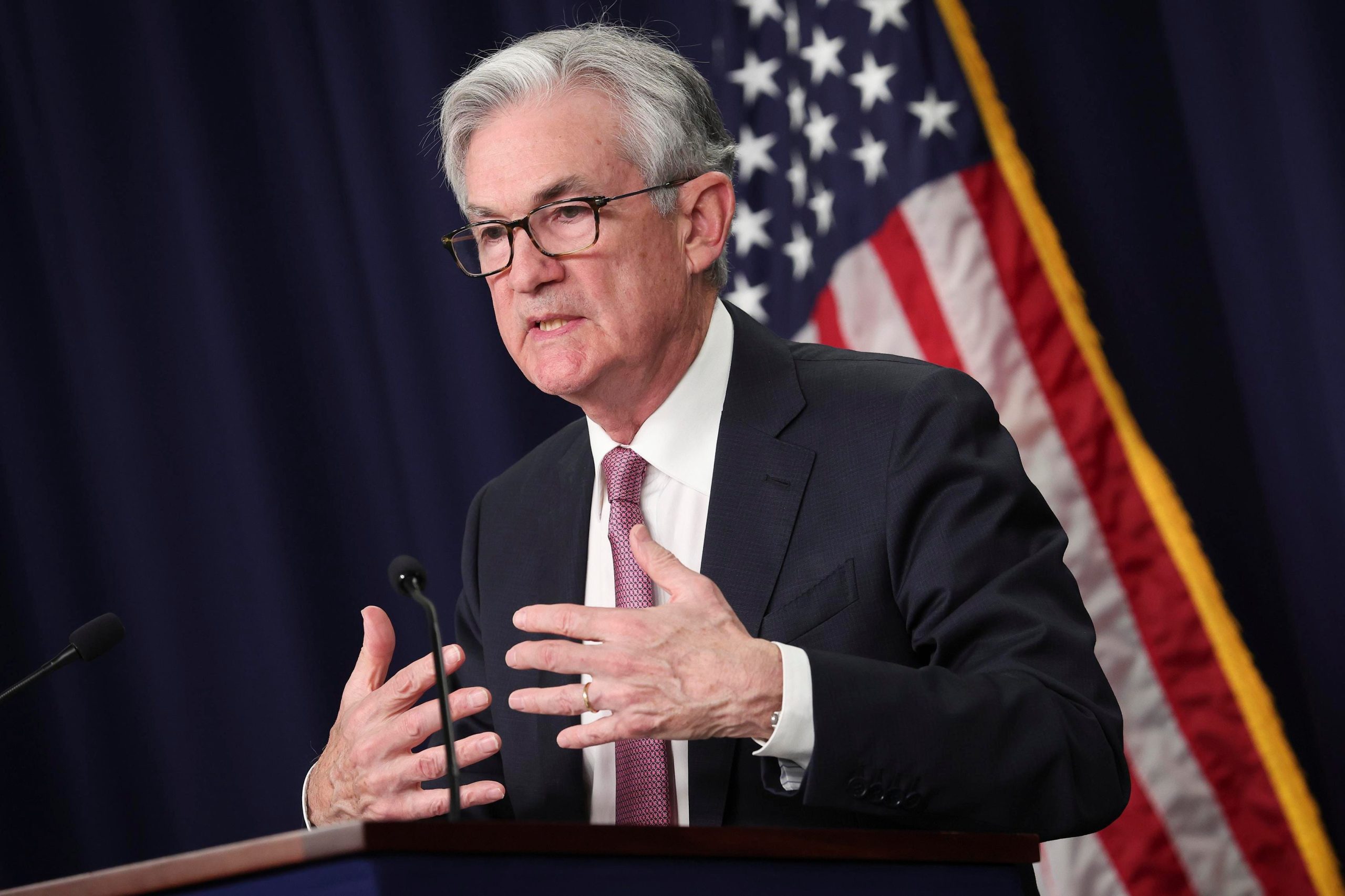
The current economic climate, like Halloween, scares many small business owners. Their biggest problem is inflation . In fact, according to a recent survey by Bank of America, inflation is a concern of 75% of business owners. In addition, 88% said inflation and 80% supply chain issues continue to affect their operations by driving up prices. In addition, persistent labor shortages mean that labor costs are rising as companies compete for talent.
Another source, the NFIB Small Business Optimism Index, found that 37% of small business owners said inflation was a major concern when running their business, the highest level since the last quarter of 1979.
Access to capital is another major challenge.
According to the latest Biz2Credit™ Small Business Loan Index released earlier this month, the small business loan approval rate fell to 15.1% from 15.3% in July, remaining relatively stagnant at large banks (over $10 billion in assets). in August.
While the approval rate for small banks rose to 21.5% in September, that's less than half the pre-pandemic results in January and February 2020, before the coronavirus shut down the economy. Similarly, institutional lenders approved 25.9% of loan applications in August, up slightly from 25.8% in July, but a far cry from the 66.5% of funding applications in February 2020.
With interest rates rising, it's a tough time for small businesses looking for capital to grow. According to many economists, when the Federal Reserve's Open Market Committee (FOMC) meets on November 1-2, the central bank could raise interest rates by another 75 basis points to fight inflation.
Minority women and entrepreneurs are concerned that they still face barriers to access to capital. More than a quarter (29%) of female business owners surveyed by Bank of America say they don't believe they have access to the same capital, while 40% of black business owners and 27% of Hispanic business owners agree. .
In the survey, minority business owners reported having greater challenges accessing capital for their businesses than the national average, with 46% of black and Hispanic business owners personally experiencing challenges. Expanding access to capital for women and minority business owners is critical to their ability to grow.
A recession is coming
According to a Bloomberg report released this summer, there is a 50-50 chance that the economy will be in recession by the end of 2022. A study by Clarify Capital found that 71% of small business owners in the US believe that a recession is inevitable, and 70% fear that their company will not survive the recession.
Since the Fed has been so aggressive in its fight against inflation and most people have been affected by the recession, companies are already planning to exit the recession, Clarify Capital's research noted. They assume they will buy less, postpone repairs or investments (such as new equipment), and try to negotiate lower prices and higher marketing costs while cutting other costs.
The recession scares many small business owners, as many of them have not fully recovered from the financial hardships caused by the COVID pandemic. Although the economy has indeed continued to recover, the recession has been a major challenge for many small business owners across the country.
optimism on the horizon
Despite concerns about high gas prices, high interest rates, ongoing supply chain issues and ongoing labor shortages, small business owners are looking forward to a strong year ahead, according to Bank of America. Over the next 12 months, 66% of business owners expect revenue to increase, and 52% plan to expand their business – up from 37% this spring! Meanwhile, 83% plan to get financing for their business, and even with a recession expected, 77% of entrepreneurs say their companies can survive the recession.
It may be an insignificant asset, but in general, small business owners are very optimistic about the future. During the difficult economic times of the pandemic, when millions of businesses were closed for weeks, if not months, small businesses proved resilient. They could, and in many cases were stronger than that.







